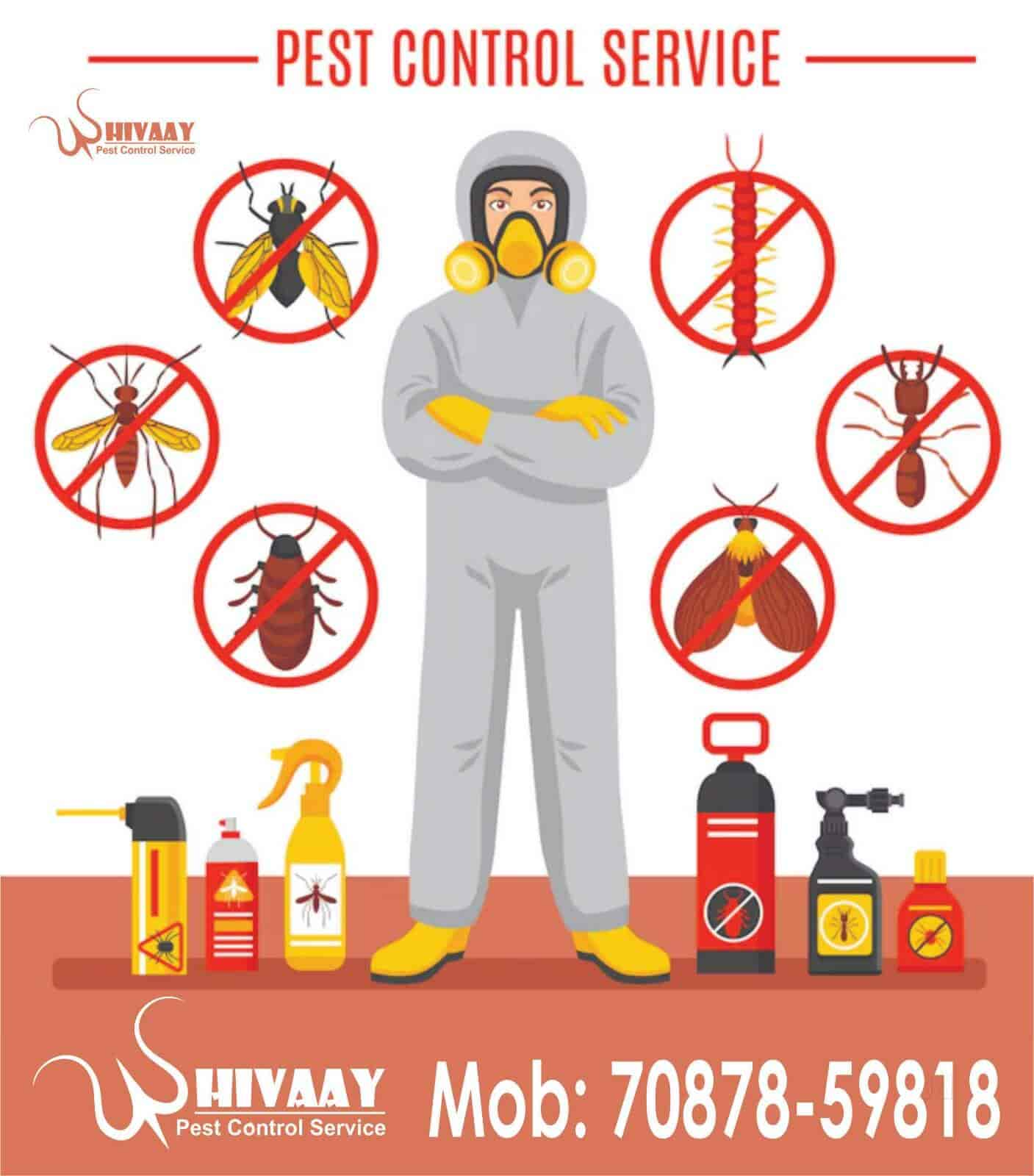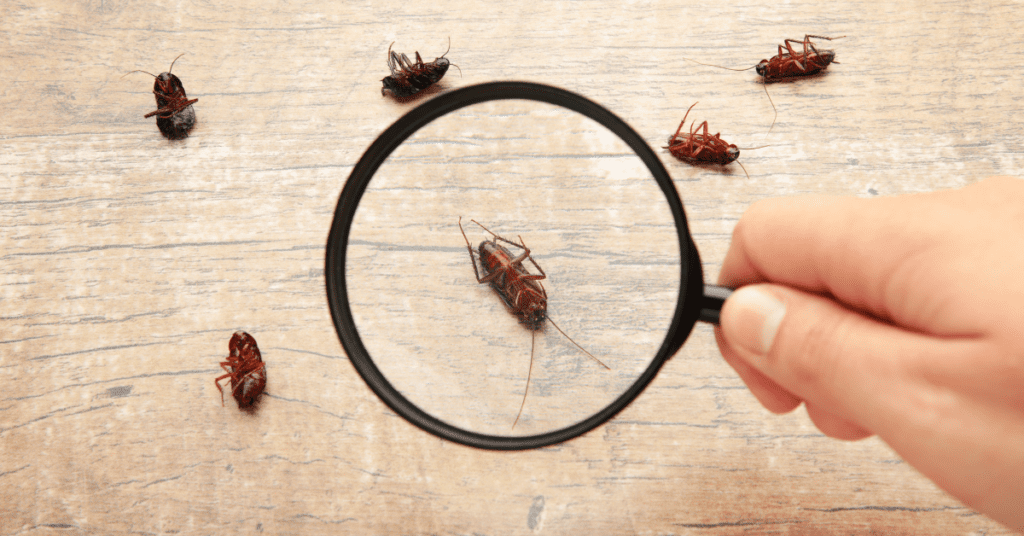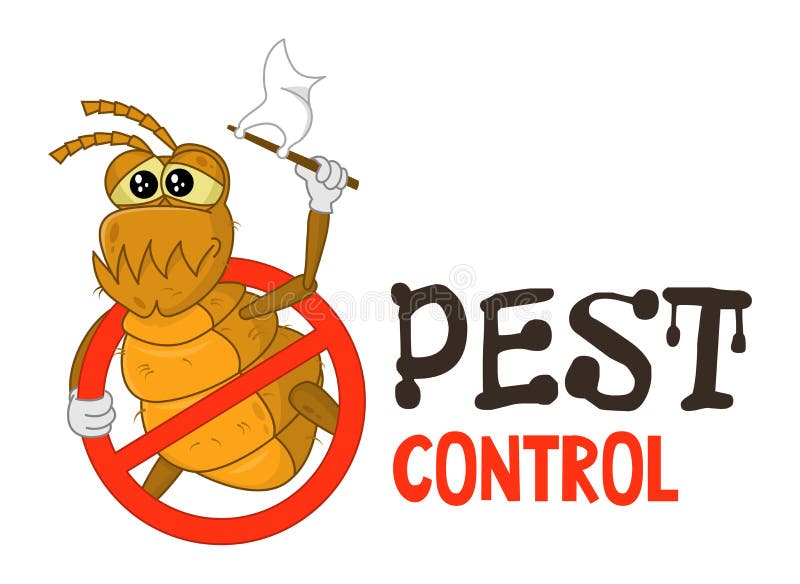Safe and Dependable Parasite Control for Lasting Defense
Efficient insect administration needs a diverse approach that stabilizes eco-friendly honesty with the need for efficient parasite suppression. The nuances of these methods might not be quickly clear, triggering a better evaluation of the methods that can lead to lasting insect control results.
Comprehending Parasite Control Techniques
Bug control incorporates a variety of approaches targeted at managing and eradicating unwanted bugs and rats that can intimidate both health and wellness and property. Recognizing these approaches is important for reliable parasite administration.
The main categories of parasite control approaches consist of mechanical, organic, and chemical strategies. Mechanical approaches entail physical barriers and catches to avoid bug entry and capture unwanted varieties. For example, utilizing screens on windows or employing sticky traps can dramatically decrease insect populaces without introducing unsafe materials.

Chemical insect control is frequently one of the most recognized approach, utilizing chemicals to remove insects. These chemicals can be efficient yet should be made use of with caution to stay clear of negative effects on non-target species and the atmosphere.
Advantages of Eco-Friendly Solutions
How can environment-friendly solutions change parasite control practices? The fostering of environmentally friendly bug control methods provides many benefits, considerably enhancing the performance and security of bug management (exterminator coquitlam). These solutions utilize natural active ingredients, lowering the reliance on unsafe chemicals that can pose dangers to human health and the atmosphere. This change not only shields animals and families however additionally lessens the potential for soil and water contamination.

An additional benefit is the favorable impact on regional biodiversity. Environmentally friendly services are designed to target specific insects while preserving beneficial bugs and wildlife, advertising a well balanced environment. This method lines up with the growing consumer demand for sustainable methods, improving the track record of bug control carriers.
Integrated Bug Administration Approaches
The implementation of environment-friendly options normally causes the adoption of Integrated Bug Management (IPM) strategies, which even more enhance parasite control efficiency. IPM is an all natural approach that combines several strategies to take care of bug populations while reducing ecological impact. This approach emphasizes using organic, social, mechanical, and chemical controls, making certain a balanced and sustainable technique of insect administration.
One fundamental element of IPM is the comprehensive assessment of bug task and environmental problems. By keeping an eye on pest populaces and identifying their life cycles, professionals can carry out targeted treatments that interrupt the bug's environment or lifecycle, decreasing reliance on chemical pesticides. Additionally, cultural techniques such as crop turning and habitat adjustment browse this site can substantially reduce bug establishment and recreation.
One more crucial component is making use of biological control agents, such as helpful insects or microbes, which can normally subdue parasite populations. When chemical applications are necessary, IPM focuses on making use of low-risk pesticides and uses them uniquely, lessening exposure to non-target organisms and humans.
Incorporating IPM strategies not just enhances bug control performance yet also advertises a safer ecosystem, lining up with the growing need for sustainable practices in bug administration.
Safe Practices for Property Owners
Recognizing the significance of secure methods in parasite control can empower home owners to efficiently handle insect issues while safeguarding their health and wellness and the setting. Carrying out non-toxic approaches and preventive measures is crucial in minimizing exposure to dangerous chemicals.
House owners need to first examine their atmosphere for conditions that bring in bugs, such as standing mess, water, and food waste. Frequently cleansing and securing entrance points can discourage parasites from attacking the home. Making use of all-natural deterrents, such as important oils or diatomaceous earth, can supply efficient options to chemical pesticides.
When chemical therapies are necessary, house owners must choose products that are especially click for info labeled as secure for household use. It is vital to follow application guidelines carefully to stay clear of overexposure. Furthermore, utilizing targeted therapies in locations where insects are determined, instead than blanket splashing, can substantially minimize chemical usage.
Last but not least, preserving open interaction with insect control professionals is important. Property owners should ask about the security of items made use of and request environment-friendly options whenever possible. By adopting these safe practices, home owners can develop a much healthier living environment while properly managing insect problems.

Tips for Long-Term Defense
Developing a parasite administration method that highlights long-term protection can significantly improve the efficiency of the safe techniques previously reviewed. To achieve this, house owners should execute normal evaluations of their home, concentrating on concealed locations such as attic rooms, cellars, and crawl areas. Early discovery of insect task is vital in preventing invasions from holding.
These methods lower attractants that attract bugs into the home. Sealing entry factors, such as splits around doors and home windows, can properly obstruct possible parasite gain access to.
Landscaping should additionally be considered; maintaining plants trimmed and keeping a range in between plants and the home reduces concealing places for insects. Making use of natural deterrents, such as crucial oils or diatomaceous planet, can even more prevent infestations without turning to harsh chemicals.
Finally, collaborating with an expert insect control solution for periodic analyses can offer an additional layer of safety. These experts can supply tailored referrals and advanced therapies, guaranteeing that your home stays safeguarded against insects in the long-term.
Verdict
Finally, trustworthy and risk-free bug control calls for a multifaceted approach that emphasizes environment-friendly methods and incorporated bug monitoring. By executing all-natural deterrents, performing normal evaluations, and keeping correct sanitation, building owners can dramatically lower bug populations while safeguarding helpful insects and the environment. Cooperation with expert bug control solutions enhances the performance of these strategies, ensuring customized remedies that offer enduring protection and satisfaction against future infestations.
Efficient bug management needs a multifaceted method that balances ecological honesty with the need for efficient pest suppression. The adoption of green parasite control techniques provides countless benefits, considerably improving the efficiency and safety and security of insect administration.The application of eco-friendly solutions normally leads to the go to my blog adoption of Integrated Insect Monitoring (IPM) techniques, which additionally boost parasite control efficacy. exterminator coquitlam. By monitoring parasite populations and determining their life cycles, professionals can carry out targeted treatments that disrupt the pest's environment or lifecycle, minimizing reliance on chemical pesticides.In verdict, trusted and risk-free insect control calls for a diverse technique that emphasizes green approaches and integrated pest management